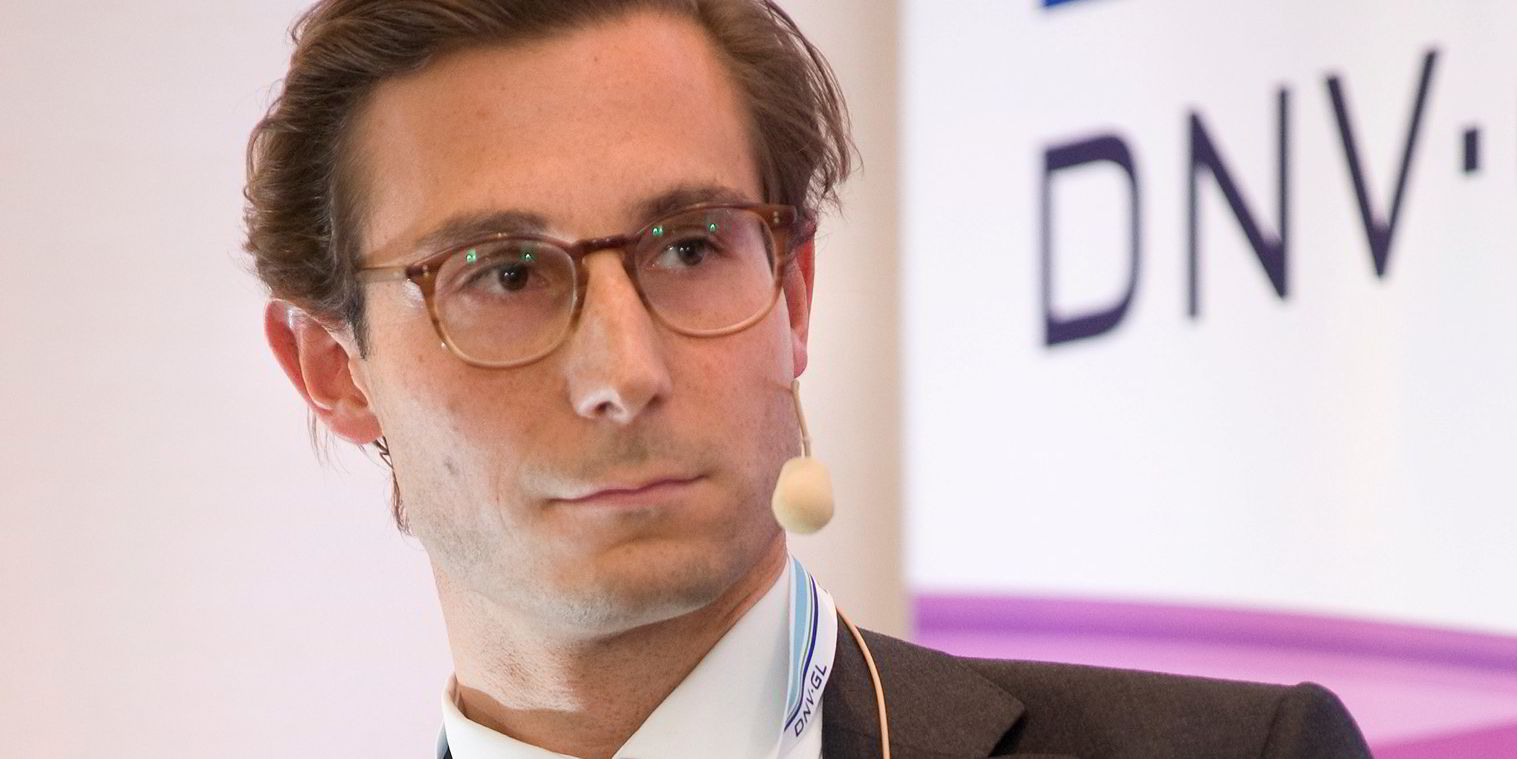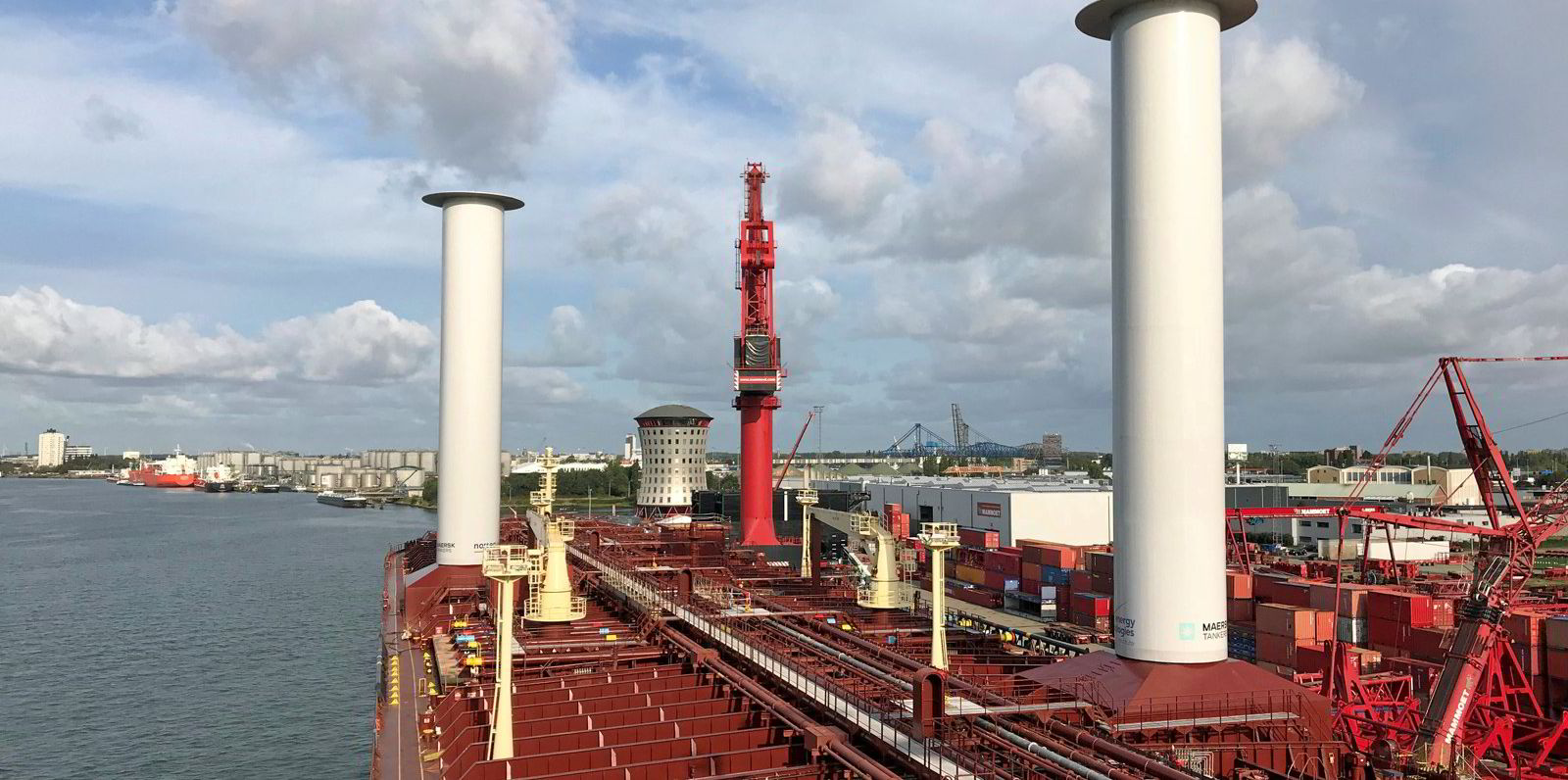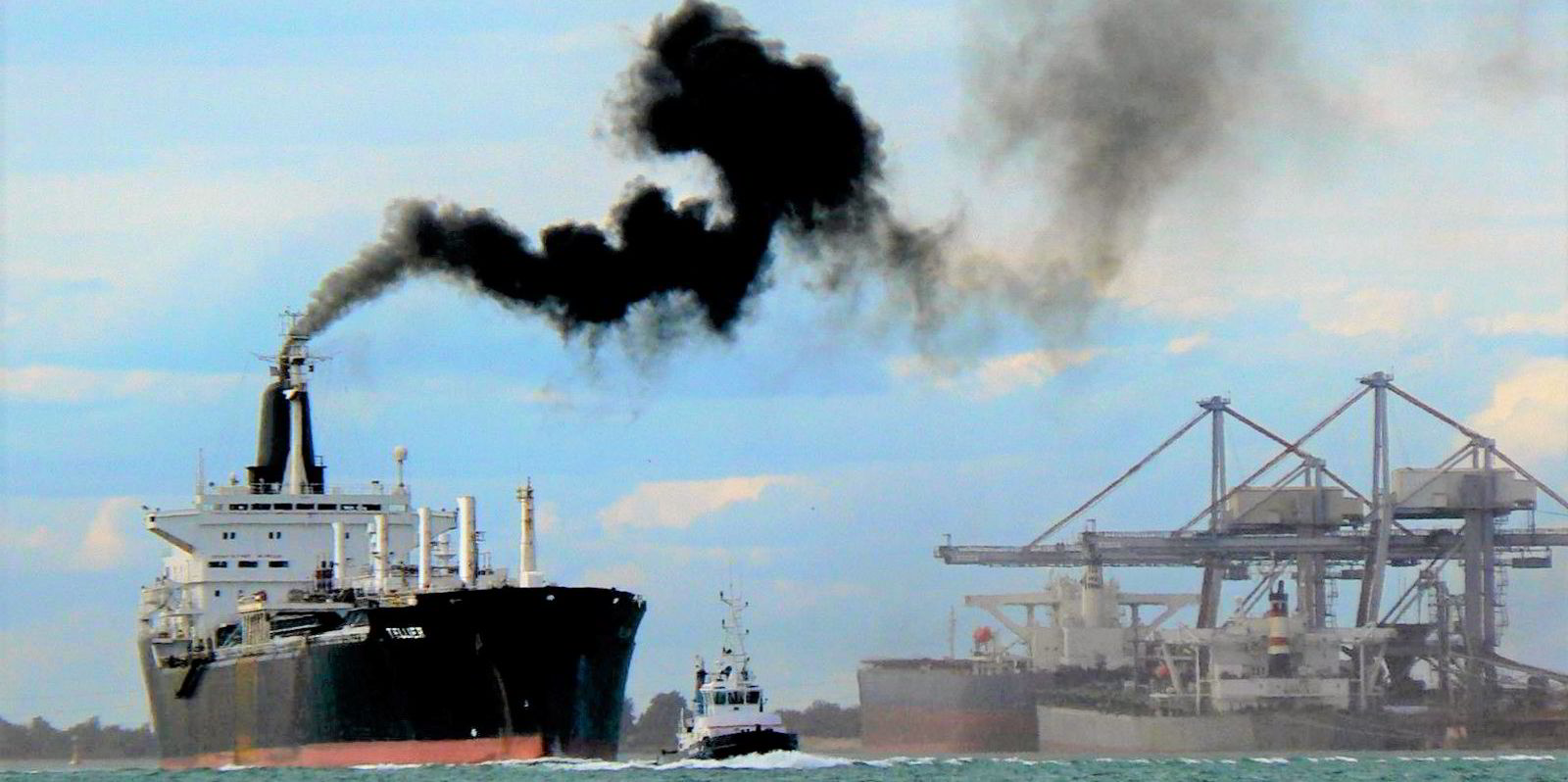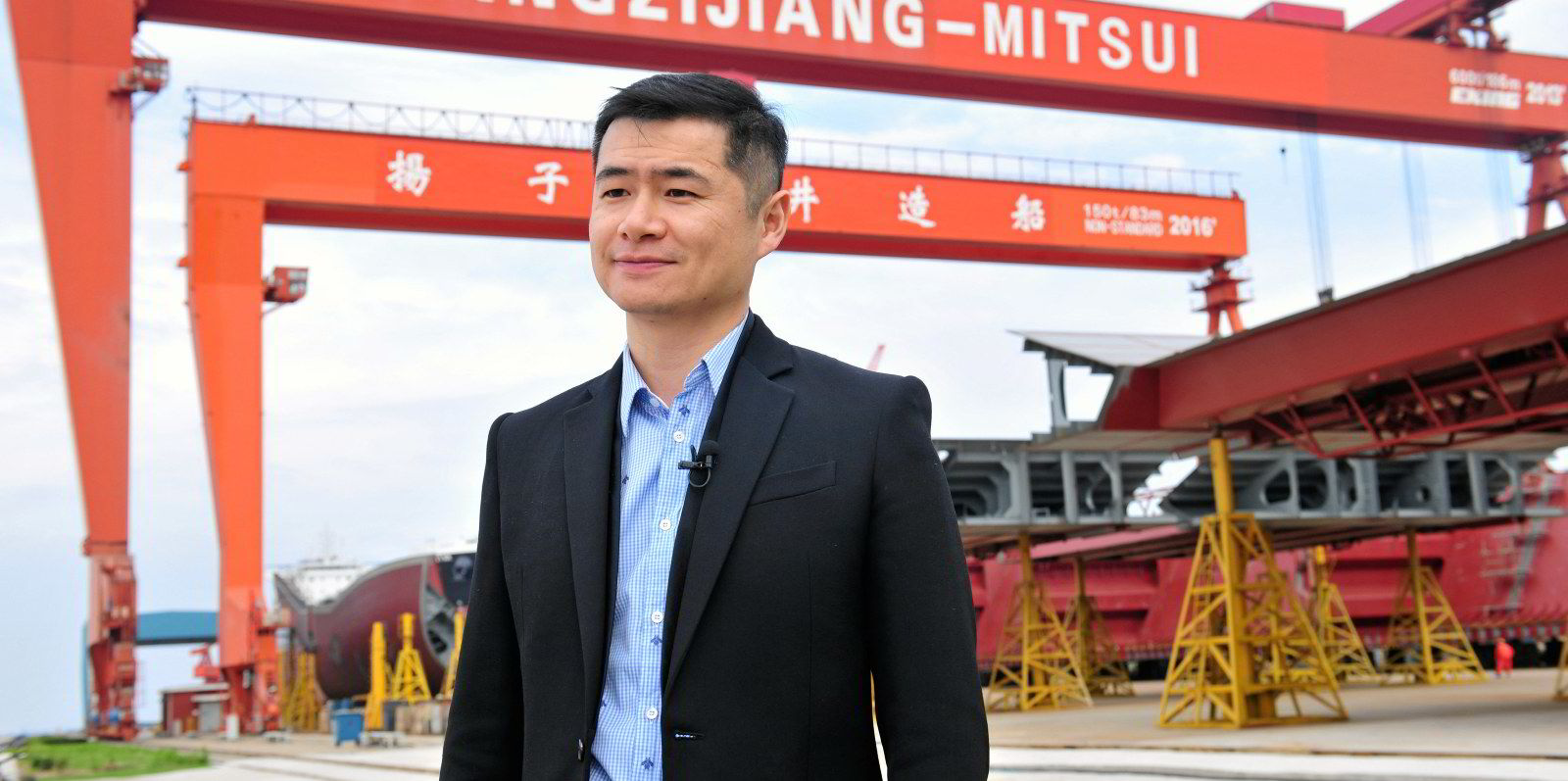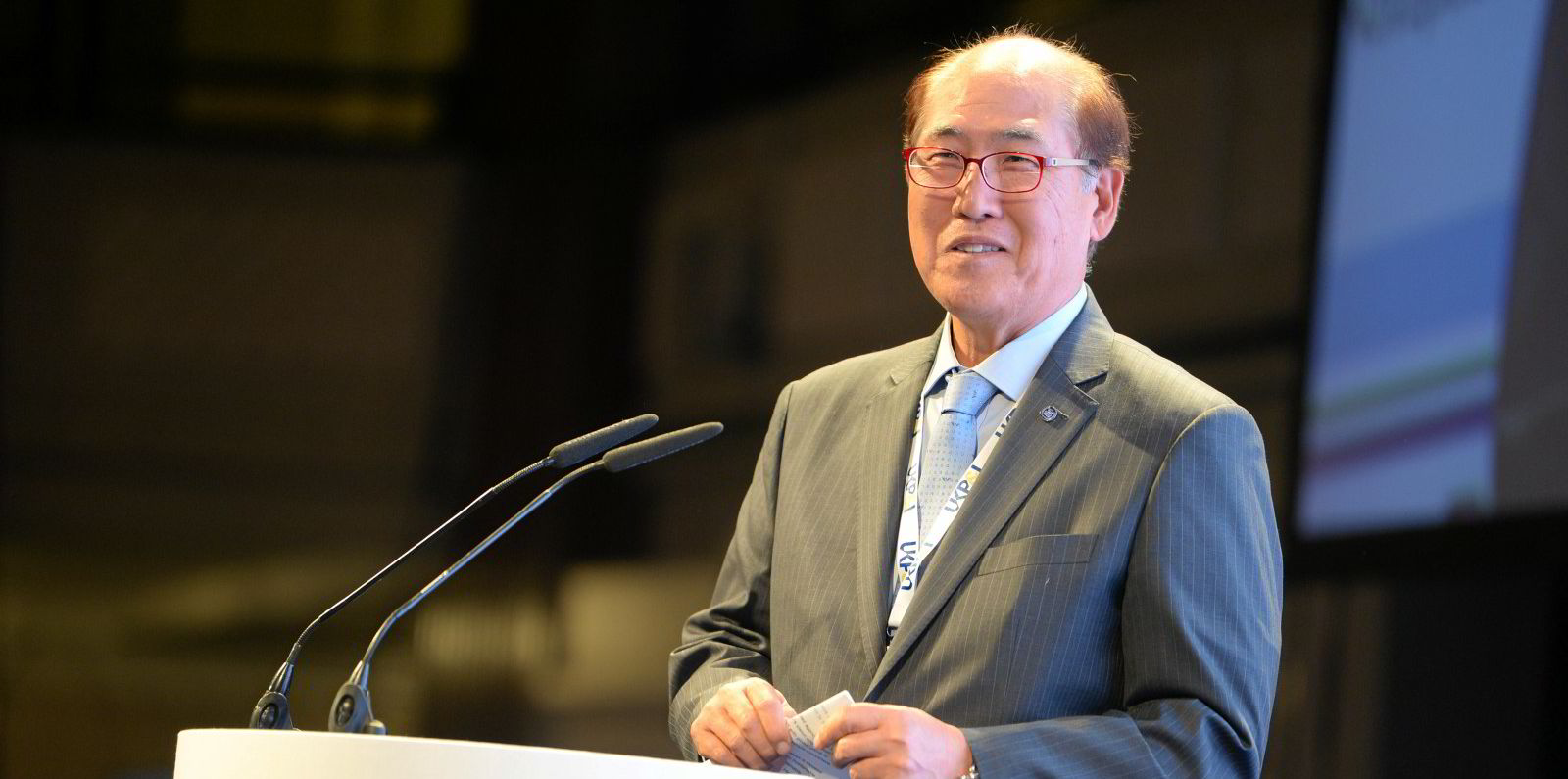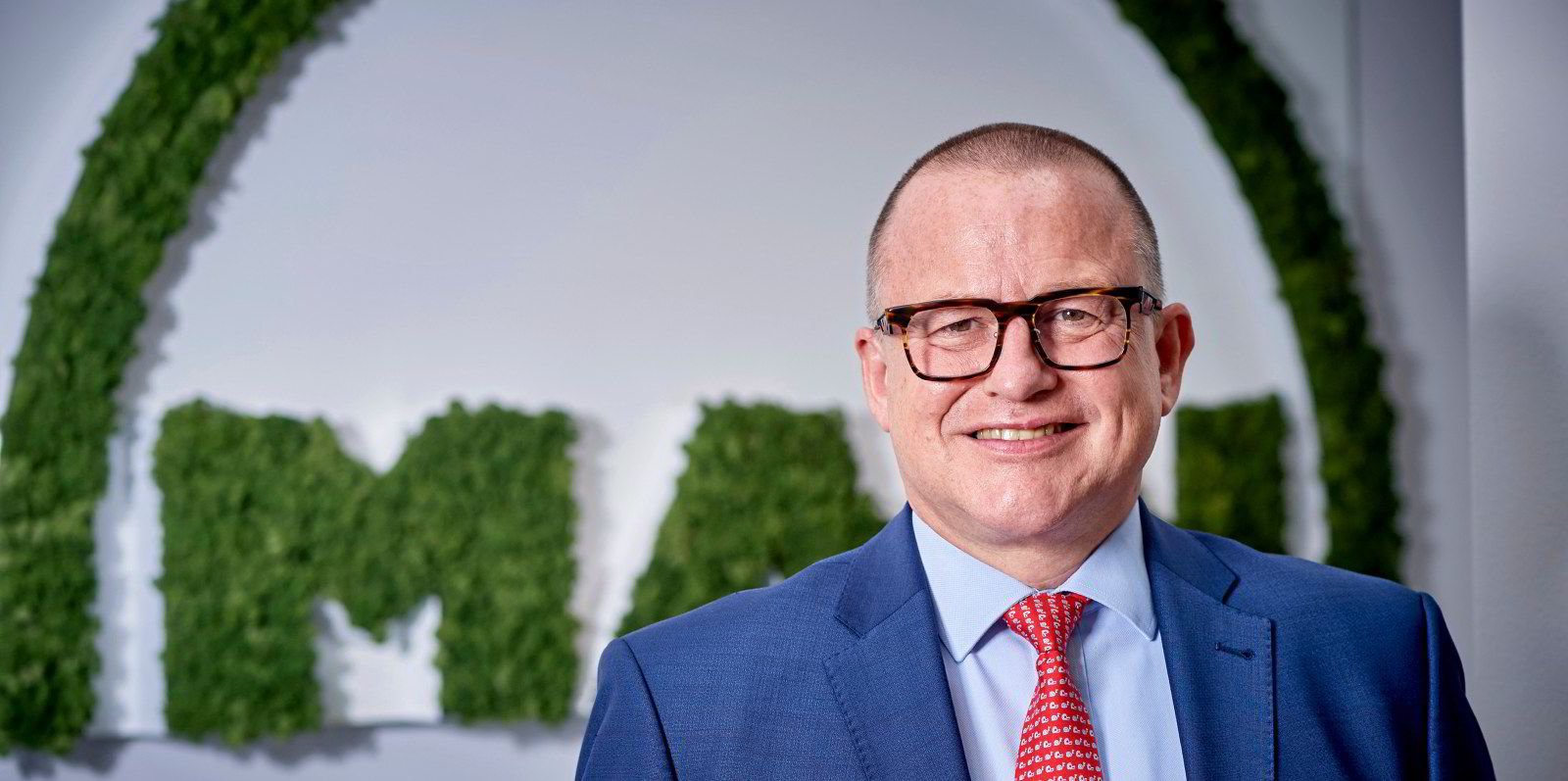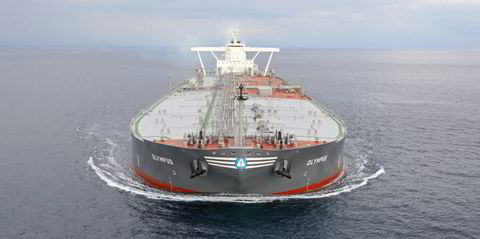Limiting engine power, increasing deadweight tonnage and slow steaming are options being considered by boxship owners to comply with pending greenhouse gas (GHG) legislation.
The proposals figure among the measures deemed necessary to meet minimum efficiency standards that the International Maritime Organization is seeking to apply to the existing fleet by 2023.
But more details of the Energy Efficiency Existing Ship Index (EEXI) are needed before owners can decide the best way forward.
“It’s important to get it right, as it will be our contribution to carbon neutrality and gives us the chance also to reinvent our business,” Nicolaus Bunnemann, managing director of Atlantic Lloyd, told Capital Link’s German Maritime Forum.
Older can be better
The new standards will be equivalent to the current Energy Efficiency Design Index standards, which apply to newbuildings.
But boxship owners are working on the presumption that the means of calculating and enforcing EEXI will only be finalised at future sessions of the IMO.
Bunnemann said his company, which owns and operates nearly 30 vessels, mostly containerships, has assigned a technician to calculate the EEXI value of each ship in its fleet.
Preliminary results found that older vessels do not necessarily fare worse than younger ones, and in some cases perform better.
Atlantic Lloyd is looking at various methods to adapt vessels that may be non-compliant.
Since EEXI is based on CO2 transported per tonne per nautical mile, the solution focuses on reducing GHGs by decreasing engine power, he said.
Transparency and sustainability
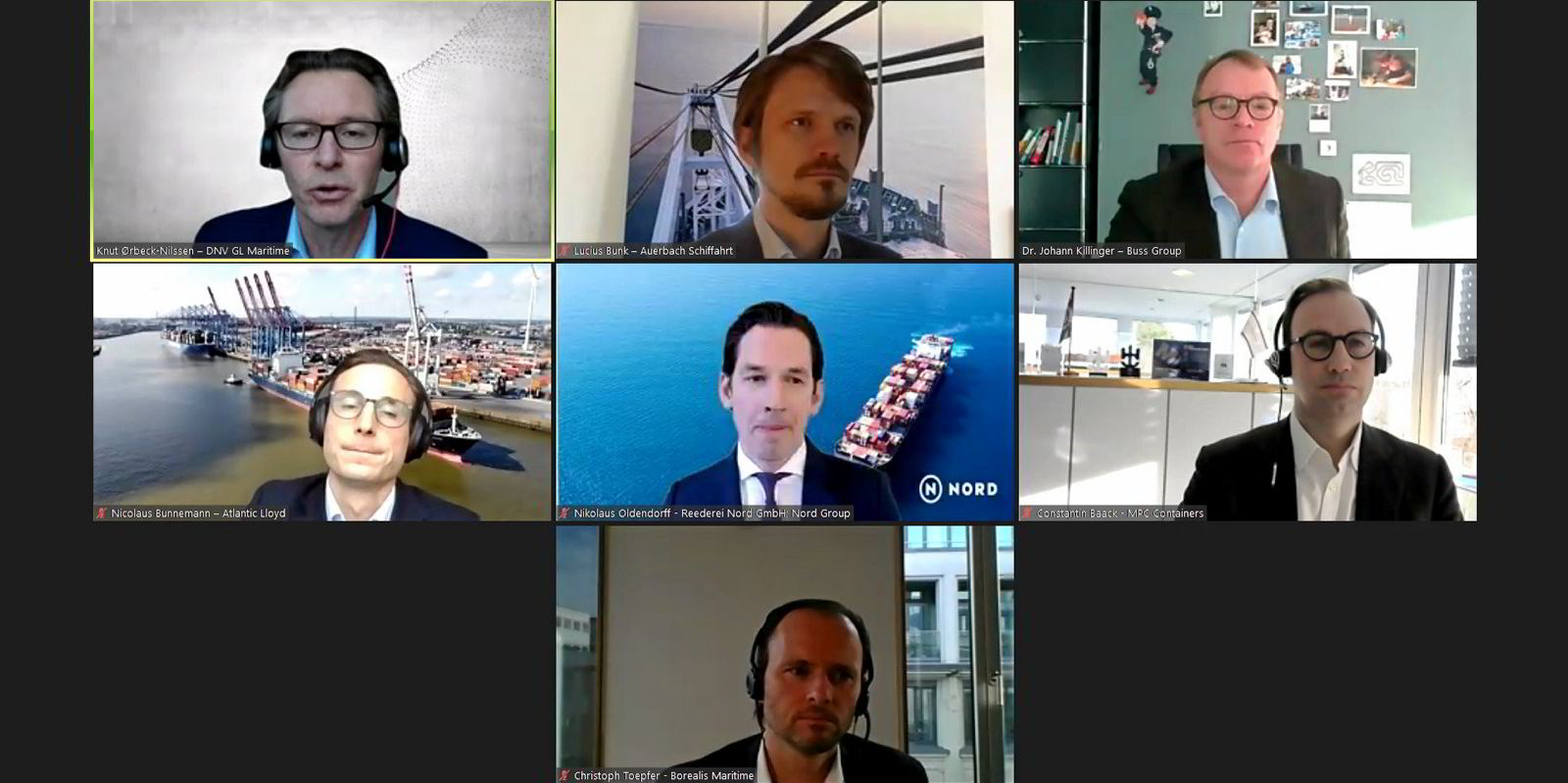
“We will be looking at various options, such as energy-saving devices, engine power limitations, engine de-rating and deadweight increase,” Bunnemann said.
“It’s widely expected that limiting engine power and increasing the deadweight are [the] most promising methods to comply, [while] limiting the upfront cost. So, my personal belief is most owners will be looking at these two methods with priority.”
Slow steaming for the non-eco fleet would be a possibility, but that has been practised by much of the fleet for many years, so changes there are likely to be limited.
MPC Container Ships (MPCC) managing director Constantin Baack said EEXI could prove a “disruptor” in terms of improving transparency and sustainability, with implications for slow steaming and charterparties.
EEXI calculations on his company’s vessels also showed that age is not the most important factor. He added that MPCC plans to upgrade vessels in partnership with business partners, universities and customers.
Longer-term goals
Matching existing vessels with pending GHG legislation chimes with efforts by German tonnage providers to establish solutions to meet longer-term goals.
Johann Killinger, managing partner of the Buss Group, which merged its fleet with Leonhardt & Blumberg in 2017, suggested that the IMO goals for 2050 could be met with different technologies, including synthetic natural gas (SNG), ammonia and hydrogen.
He deemed SNG the most promising because it could use existing LNG infrastructure. Ammonia has a chance, but is hazardous, while hydrogen requires huge tanks and is expensive, he added.
Development of those fuel types is in its infancy, said Nikolaus Oldendorff, managing director and co-owner of Reederei Nord.
He said that none currently fit the bill and they are too expensive. But it seems likely that synthetic fuels derived from solar and wind are “the easiest to handle and most logical”.
Such fuels might one day be combined with carbon capture solutions that could even result in a negative-carbon ship, Oldendorff said.
“Nobody wants to be on the wrong side of history. And there’s no doubt about in which direction we’re running,” he said.
“We have the Paris climate accord, now (with the IMO) we even have a timetable of how to work and go forward, so there’s no doubt of the direction the world is running.”
However, shipping will have to work with other sectors to achieve the IMO goals, according to Lucius Bunk, co-founder and managing partner of Auerbach Schifffahrt. “We will not be able to do it by ourselves, but collaboratively,” he said.
